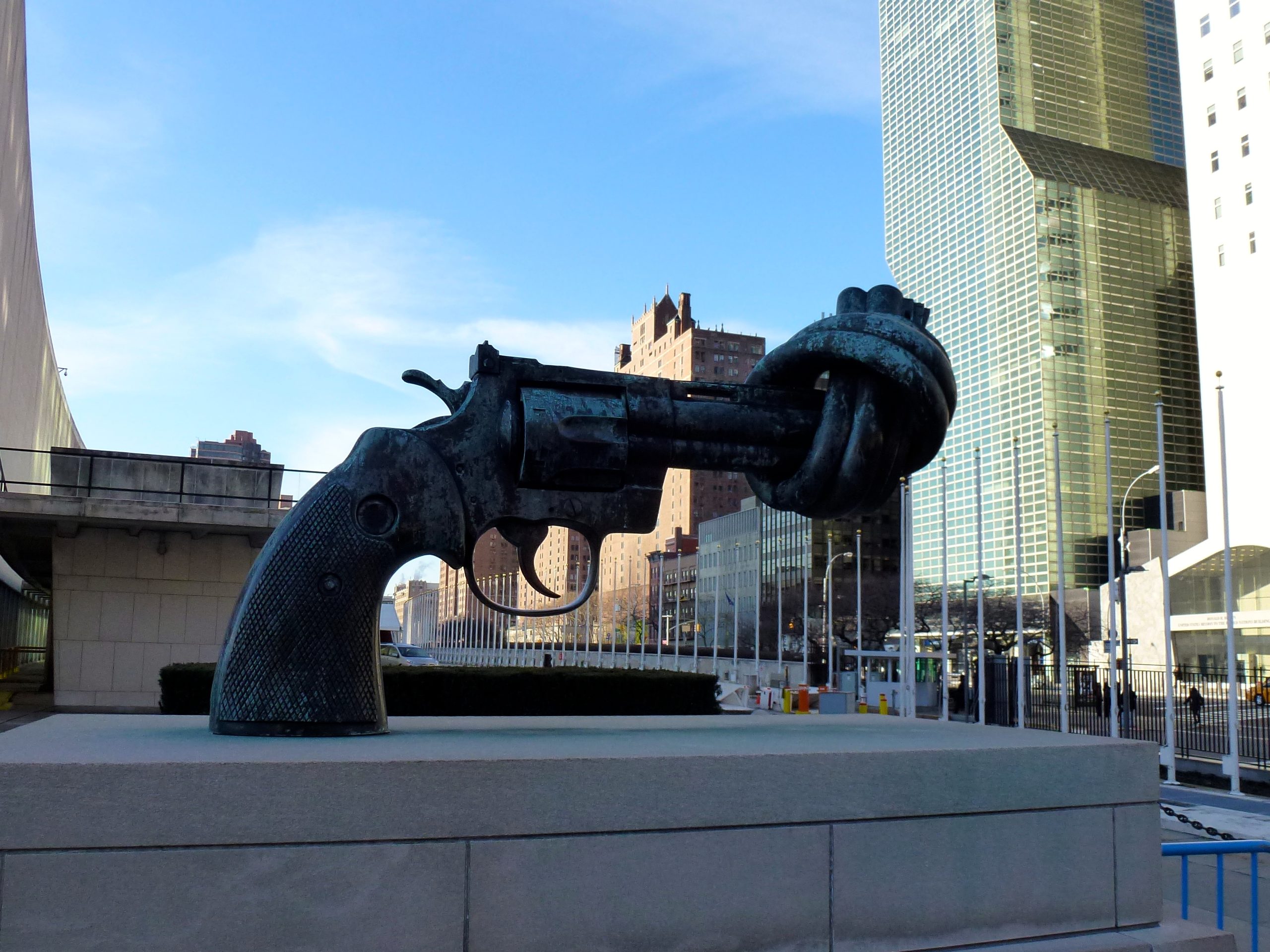One of the goals of this dialogue was to propose further areas of research for NGOs and academia, focusing on various interdisciplinary approaches and methodologies.
There was a proposal for biannual, Track 1.5 scenario-based tabletop exercises, aiming to move beyond problem analysis towards recommending policy changes through the exploration of disarmament drivers across normative, legal, security, technological and domestic domains.
Scenario mapping for a world without nuclear weapons, inspired by previous studies,[9] emerged as a research avenue, aiming to explore security landscapes, technical issues, rearmament factors, cost considerations, regional dynamics and the roles of institutions (e.g. the IAEA).
A market survey of IND was proposed to assess stakeholders’ interests and perspectives, shedding light on the agenda’s reception across different regions and among non-NPT nuclear-armed States, NWSs and NNWSs.
A number of additional areas ripe for research were proposed by both civil society and governments, including:
- A paper series on practical steps and “things that cannot be reversed” versus “what is not reversed”.
- A workshop and research paper on “quick wins” – which early steps could yield dividends on irreversibility later in the process.
- Increased research on latency and its impact on IND, which would attempt to remove the controversy around this topic.
- Historical analyses on how IND was discussed or considered in trilateral discussions.
- Funding mechanisms for disarmament.
- Using the UK nuclear weapons complex map[10] as a guide for other cases, including to: (1) map out the dismantlement and disarmament process in South Africa and (2) develop a picture of latency in NNWSs.
- How critiquing nuclear deterrence works together with disarmament to establish norms devaluing nuclear weapons.
[9] David Cliff, Hassan Elbahtimy and Andreas Persbo, “Irreversibility in Nuclear Disarmament: Practical steps against nuclear rearmament”, Verification Research, Training and Information Centre, September 2011, in https://www.nonproliferation.eu//wp-content/uploads/2018/09/davidcli64256hassanelbahtimyandandreaspersbo4ece48257c33b.pdf
[10] Dr Nick Ritchie, “Provisional systems map of the UK nuclear weapons complex”, University of York, available at: https://embed.kumu.io/72049ffc0af7e5f2e55234fea31f166f
